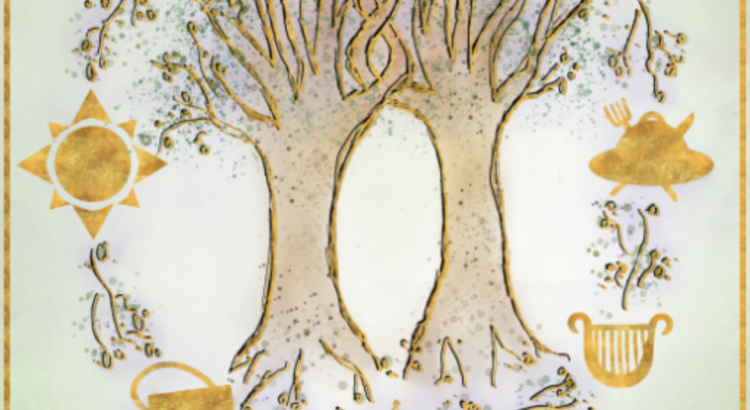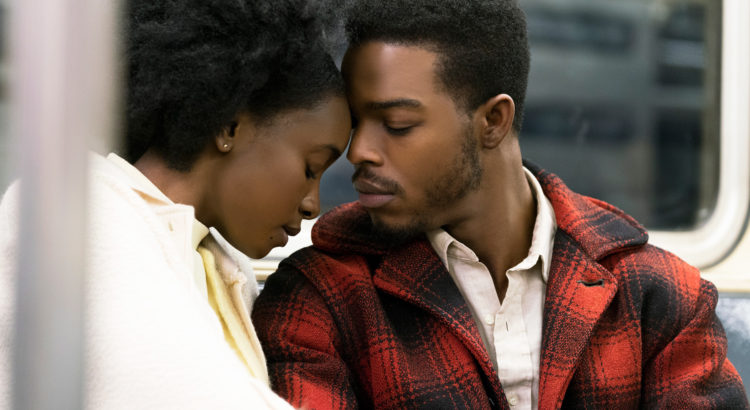WARNING: SPOILERS AHEAD.
“CHICKEN JOCKEY!!!!!” A family with young children screams behind me. Filled with joy and elation, they celebrate the iconic moments of A Minecraft Movie starring Jack Black and Jason Momoa. When a mysterious portal pulls four misfits into the cubic world of Minecraft, they’ll soon discover that all they’ve imagined can come true with the help of a pickaxe, a crafting table, and a man named Steve.
Now, let’s be very clear: A Minecraft Movie isn’t great. It’s not even good. It’s bad… very bad. It’s so bad, you can’t stop watching. In fact, it’s so bad that I want to go back to my local Ann Arbor Cinemark and pay to see it again. And seeing movies nowadays is expensive! A Minecraft Movie may be a bad movie, but it’s a movie worth paying $20 dollars and then some to see.
I’d argue that it may be the new Rocky Horror Picture Show, or at least it should be. Every spring, gamers should come together to scream out signature movie phrases, dress up, and throw popcorn at the screen. If Rocky Horror fans can throw toast at the screen once a year, let the minecrafters do the same. (Don’t twist my words and be a jerk though while it’s still in theatres this season.)
The movie doesn’t have a lot of bad elements. It’s actually well-constructed, and incredibly designed, but, unfortunately, there are a few glaring issues that take all the attention away from the good things happening in this movie. (1) The ridiculous plot lines; the worst one that comes to mind is when a Minecraft villager enters the human realm and falls in love with Jennifer Coolidge. It’s a type of relationship that feels like it should be illegal, but then again, it’s fiction; thank goodness. (2) The female characters are poorly written. If A Minecraft Movie passes the Bechdel test, it does so on a technicality. The screenwriting team consists of 5 men, and it shows. The most prominent female characters, Natalie and Dawn, serve only to support Henry, the young boy who is the movie’s catalyst. It’s unfortunate because Minecraft has such a diverse player base, with over 40% of those players identifying as women. I wonder how the movie would be rated if it had taken the time to invest in a more complex, diverse cast of characters that better aligns with the diverse players who actually play the game.
Still, there’s a lot to love about this movie: the random songs that come in at unexpected times (thank you, Jack Black), the playful, cubic animations, the deep-cut game references, and odes to the people that built Minecraft’s platform (for example Technoblade’s memoriam, and using Minecraft YouTubers as extras). It’s a great movie to see with your friends. You’ll laugh; you’ll cry; you might even pee your pants; or you might accidentally fall asleep like I did. No matter, it will always be a bad movie, and you’ll always have fun watching it.
So, purchase your overpriced and oversalted popcorn, slather it in butter, and eat alongside Jack Black as he makes his infamous lava chicken because he sure isn’t making a cake.











